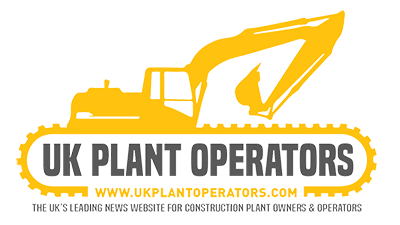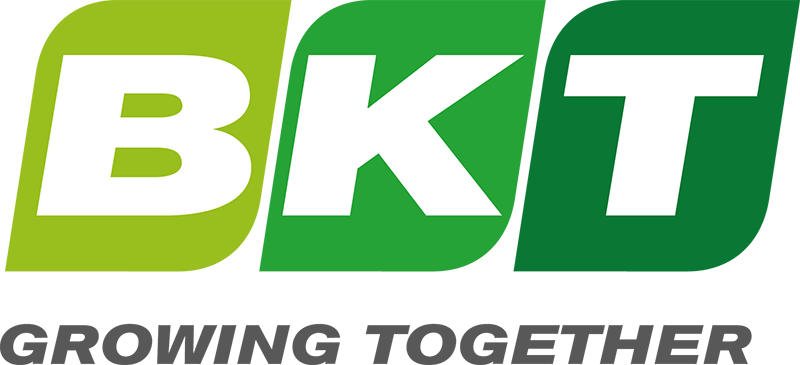![]()
How HMRC Changes to Construction Industry Scheme Could Impact Construction Workers
Changes to the Construction Industry Scheme (CIS) came into force at the start of the tax year in April which have the potential to impact on contractors and subcontractors who work within the scheme. David Redfern, tax preparation specialist and director of DSR Tax Refunds Ltd, explains these changes to the CIS and how they could affect contractors and subcontractors who operate within the scheme.
The government announced that they were launching a consultation into suspected abuse of the Construction Industry Scheme in the Spring Budget of 2020. As a result of the consultation, four changes to the CIS were published under the measure entitled “Changes to tackle Construction Industry Abuse”. These came into effect on 6th April 2021. Redfern explains, “The very nature of the construction industry means that it has long been subject to concerns that those within the industry are able to avoid some of their tax liabilities – indeed, the Construction Industry Scheme was introduced as a result of those fears. These new measures close a few of the existing loopholes to ensure full compliance by scheme members and as a result, should not have too much impact on workers if they are already working towards being HMRC compliant”. The four measures relate to CIS set-off amendment powers; cost of materials; deemed contractors and CIS registration penalties.
Changes to CIS set-off amendment powers and the cost of materials measures are the changes most likely to impact on CIS subcontractors. The first change allows HMRC to make real time changes to a subcontractor’s CIS deductions while the second change ensures that only materials which have been purchased directly by a contractor are allowed as a legitimate expense. Redfern stated, “Subcontractors must ensure that they have directly incurred the cost of the materials which they are claiming as an allowable expense – this is, of course, something that should always have been the case with allowable expenses only being legitimate for expenses which have been wholly and exclusively incurred in the line of employment and this new measure just makes that explicit. As for amending a subcontractor’s CIS deductions in real-time – this should have little impact where subcontractors and their contractors have been sticking to the intention of the rules. Whilst the changes will help to prevent errors or omissions in real-time CIS reporting, HMRC can also use the rule to prevent employers from abusing the CIS to make erroneous claims”. The CIS set-off amendment power also enables HMRC to prevent certain employers from making similar erroneous claims.
The changes relating to deemed contractors and CIS registration penalties have less potential impact on subcontractors, aimed at preventing abuse by contractors. With regard to deemed contractors, this measure amends the rules for determining which organisations operating outside the construction sector need to operate the CIS. Redfern explained, “Organisations which commence large construction projects can be deemed to be contractors under the CIS if their construction expenditure exceeds a certain amount in any given tax year, currently set at £3 million – this change will require such companies and organisations to check their construction expenditure more frequently, in real time, rather than accounting at the end of the year. As for the CIS registration penalties, these measures toughen up enforcement against those who make false statements with regard to applying for gross payment status or payment under deduction, whether they are themselves making the false statement or enabling others to do so and thus, only impact on those within the scheme who are aiming to abuse the CIS rules”. This change also means that individuals and companies could now be liable to a penalty if they are in a position to exercise influence or control over the person making the application.
The new measures came into effect on 6th April 2021 and will impact CIS subcontractors in their 2021-22 Self Assessment tax returns. Subcontractors who have not yet completed their 2020-21 tax return are encouraged to contact DSR Tax Refunds Ltd on 0115 795 0232 or via their website for help in ensuring they are claiming their full allowable expenses under the CIS.























